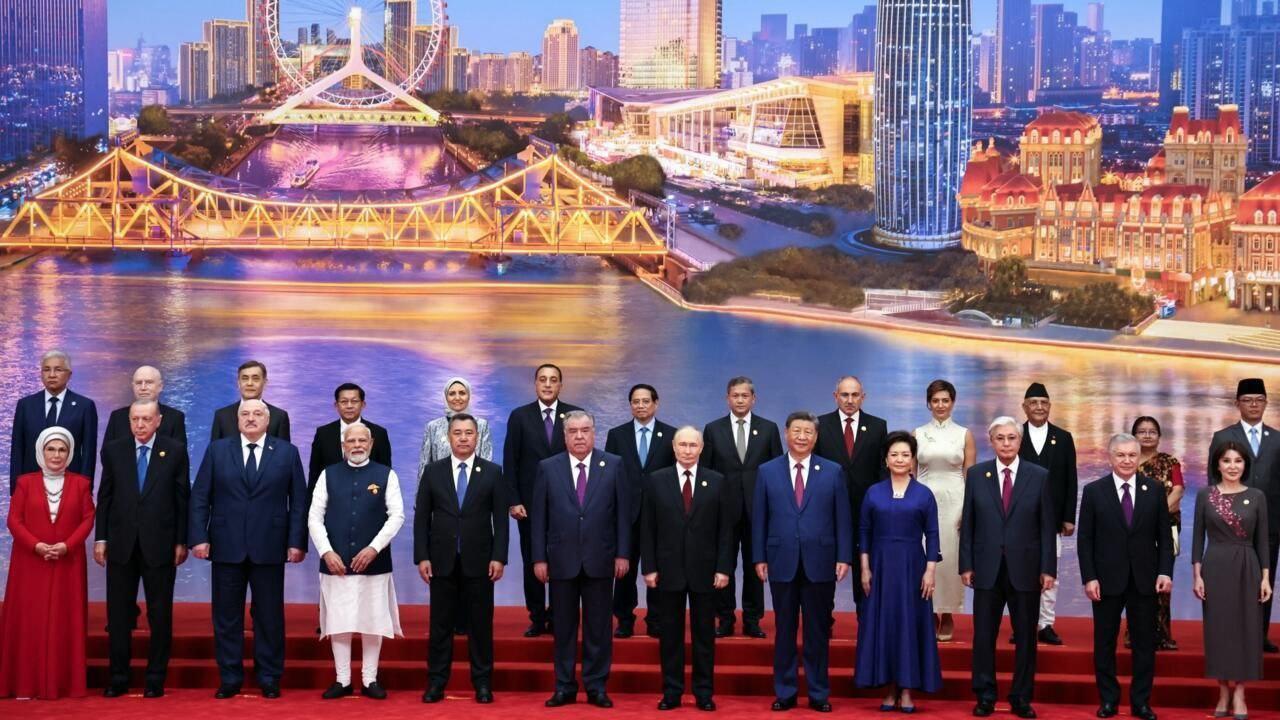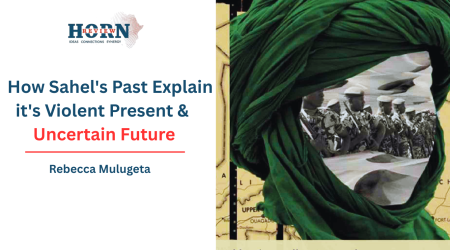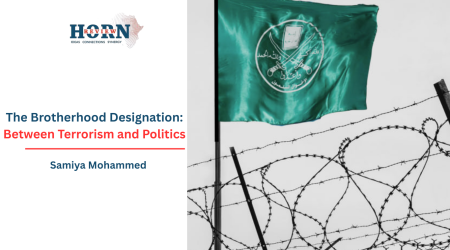
3
Sep
Devising The Geopolitical Future In A Multipolar World
The world system in 2025 has shown firm movement towards a complex, dynamic power decentralized system. From President Trump’s negotiated peace with Russia and Ukraine, to Venezuelan accession to the SCO initiatives on world governance and emergence as an East-West strategic power engaging platform and European military expansion as a result of reduced NATO expenditures under Trump’s rule, are illustrations that world where power no longer lies within a single overlord but is dispersed among many powerful players.
The nascent order comprising rising roles for Global South powers not only opposing traditional foundations but actually remodeling world governance and economic systems. Unlike the earlier world orders of relative stability and fixed blocs, the current system is very dynamic, with shifting alignments, more geopolitical competition, and rival notions of world governance. The inclusive question is: Can the recent Shanghai Cooperation Organization (SCO) summit demonstrate such ephemeral diplomatic realignments, particularly in terms of exchanges between India, China, and Russia?
The Shanghai Summit and the Implication to the World Order
The 2025 SCO summit witnessed a new form of diplomatic relations such as the first time Pakistan and Armenian diplomatic relationship and bold statements by the nation’s presidents. Chinese president Xi Jinping’s of a new world order based on justice, equality of sovereigns, inclusiveness and equal representation of all international community nations was one such bold statement. This was not the Chinese president’s words, but Russian President Vladimir Putin also endorsed the vision, attributing the fault of the current system to being unequal.
One of the highlights of the summit decision was to establish the SCO Development Bank along with related payment systems that would reduce the reliance on the US dollar, confronting dollar hegemony head-on and making the member countries economically stronger. While this approach appears conservative compared to BRICS’ more grandiose vision of a new currency system and decentralized payment platform, the SCO’s approach emphasizes gradual financial independence and compatibility of national systems, aimed at making regional trade more efficient and economic integration less disruptive.
BRICS seeks a platform that is politically neutral and sanction-proof, potentially laying the groundwork for a unified or complementary currency among its members. It can see that the SCO plan to create a development bank along with the related payment system can shape the global economic structure without changing the member states currency.
Deciding to create a new development bank in the organization is not the only daring initiative to the new world order; another highlight of the summit was the cooperative initiative between India and China, countries that had been arch-rivals, who set aside border issues to collaborate on development pragmatically under the SCO umbrella. This is a fundamental shift in international alliances, where nearly 3 billion people in such countries value cooperation over competition.
This is the new dynamic in this global system in which nations practice changes, multi-ally diplomacy rather than permanent blocs, joining economic cooperation with managed political disparities. The shifting US-India relations as result of Trump’s tariff policy have thrust India towards closer partnership with China and Russia, symbolizing a strategic ambition for independence in decision making and Symmetrically positioned diplomacy Steadying energy security, defense, and regional peace. India’s redesigned posture shows its strategy to create a stance of multipolarity wherein different interests come and compete.
Ankara’s Swivel: A Strategic Shift from NATO to the SCO?
Turkey’s participation in the SCO despite its NATO affiliation and its engagement with Russia further exemplifies the changing multi-directional diplomacy that defines the current global order political map. This blending of traditional alliances and new partnerships complicates the global geopolitical order. While its geographic position makes it a key NATO ally, disputes over Kurdish groups, the S-400 purchase, and Sweden’s accession have strained ties and fueled mistrust. At the same time, Turkey deepens cooperation with Russia in energy and diplomacy, creating both interdependence and leverage. Its counter balancing strategy supplying drones to Ukraine while resisting some sanctions diversifies dependencies but challenges NATO cohesion.
Ultimately, Turkey positions itself as both ally and practical Discussant, complicating NATO unity but strengthening its influence and flexibility in a multipolar world. Turkey is using this organization and platform for diplomatic leverage. Mediating between the different geopolitical blocs and gaining its influence in the multipolar world as the country is doing now increases its roles in the middle east and in the horn of Africa as well developing military bases and aid to have partners. It can have strategic challenge for NATO Turkey acts as bridge between the west and the eurasian bloc that is mostly lead by russia and china by creating potential interest conflict may affect nato internal cohesion, it can also benefited by using turkey by preserving turkey as a key player with influence over the Eurasia region have risk of dilution of to its cohesion if ankara priorities shift towards the SCO agenda.
Will the Shanghai meeting reshape global governance?
In terms of the potential to alter global governance, the SCO has leading actors such as China and India with around 40% of the world’s people and around 30% of global economic output, and as such is a key figure in reshaping international relations and power balances. Some analysts compare this organization with BRICS. The SCO is a larger security and development community than BRICS aiming to be a civilizational and security framework challenging Western dominance, compared to BRICS rather than BRICS focused on economic trade, as results the SCO organization can bring changes in the existing system.
It has veto powers on countries like China and Russia that can define decisions through their veto powers. This is seen recently in collective efforts against Western sanctions on Iran, supporting Venezuela against US intervention, as result of this action expanding US military deployments in Gulf states, heightening prevailing worldwide proxy wars. India’s transition away from exclusive US alliances to more interaction with China and Russia testifies to the multipolar order’s dynamism and its defining characteristic that there are multiple centers competing with sometimes differing interests, eschewing any concept of a stable monocentric world order.
The SCO’s “Shanghai Spirit” philosophy of cooperation and mutual respect is being translated into real projects, including a planned development bank and major financial support for member states. These moves, in the context of global instability and tensions, highlight the SCO’s growing role as an alternative model of governance. The economic unification of the SCO is seen by analysts as moves toward a multipolar regime that heightens Global South interests and brings in new sources of funding, potentially reshaping global governance.
However, this multipolar shift is perilous. Break apart power and competing visions make it difficult for collective action at the global level on shared issues such as security as teeriosm and cyber sabotage became an issue in this era that horn of africa be the among the most affected region, not only issue like terriosm but also on economic regulation. While institutional innovation like the SCO development bank is seen to address this challenging economic reality that is impacted by the continuous tariffs from the west in Eurasia. Yet, this is all achieved at the expense of overcoming rivalries to enable cooperation.
While challenges remain such as there is limited coordination in making new member states like endorsing Azerbaijan as a member of the SOC that India challenges as it has some animosity with Pakistan. There is still the question of democratic transition and stability in the member states internal politics that can impact further decisions in the regard of the global system. India, China, and Russia hope to right power imbalances, and while the system is wonderful with its commitment of inclusiveness and equity, its fluid and sometimes scattered nature requires high-level diplomacy, change in the diplomacy structure of the countries and innovative institutions to achieve stability. Finally, this historical reshuffling represents a new era in global affairs destined to significantly shape world direction.
The 2025 SCO summit, along with countries being part of BRICS and the strategic roles of actors like Turkey, is the fundamental representation of the transforming multipolar global order. The focus of the summit on building alternatives to Western-led financial systems, deepening engagements between historically opposing powers, and the unification of age-old alliances with new diplomatic channels, portends a grand-scale, yet multidimensional, effort towards reshaping world governance.
This new order plan is in the direction of more balanced, inclusive international arrangements, and has the potential to remake global governance if members can mend their various interests and rivalries. The tripartite collaboration among India, China, and Russia within the SCO platform, added to by potential interaction with the efforts of BRICS, can thus be a watershed moment towards a new system of global governance that can get the Africans on board.
By Rebecca Mulugeta, Researcher, Horn Review
Reference
- Xinhua Net. 2025. ‘Xi Proposes Global Governance Initiatives at Largest Ever SCO Summit.’ Xinhua news, last accessed in September 2,
https://english.news.cn/20250902/76bd8d070bd94499a4f4b11d4573f9a0/c.html
- Srinath Sridharan. 2025. ‘SCO Eyes New Payment Systems to Counter the West.’ Policy Circle, https://www.policycircle.org/opinion/brics-payment-system-dollar/
- Abhishek G Bhaya. 2025. ‘Erdogan is attending the SCO Summit in China. How Significant is That?’ TRT World News. https://www.trtdigi.com/article/2798e36b834a
- Ladislav Zemanek. 2025. ‘SCO and the Democratisation of the Global Financial System.’ Valadi Discussion Club.
- TV BRICS. 2025. ‘Expert names key outcomes of SCO Summit in Tianjin.’ TV BRICS.https://tvbrics.com/en/news/expert-names-key-outcomes-of-sco-summit-in-tianjin/
- Tansim News Agency. 2025. ‘Venezuela Joins SCO Initiative on Global Governance, Says President Maduro.’ Tansim News Agency.










